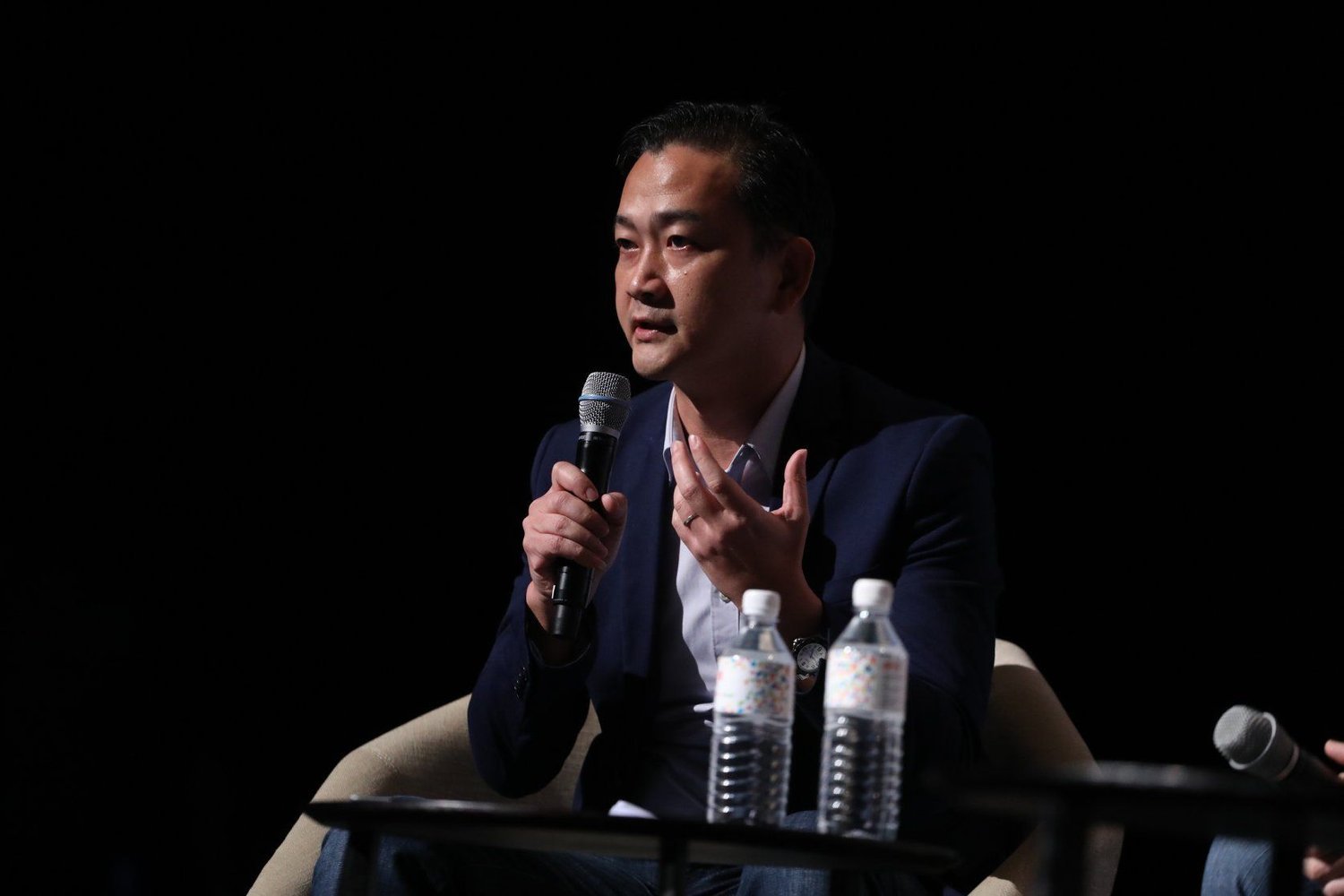Chia Hock Lai and His Quest to Make Singapore the Metaverse Capital of the World
Chia Hock Lai has had a hand in creating three blockchain and fintech associations all in the hope of making Singapore the metaverse capital of the world

Steering Smart Nation Singapore to its metaverse future
Chia Hock Lai cut his teeth on crypto during one of the more tumultuous times in a notoriously volatile space – the 2016 DAO attack on Ethereum and the initial coin offering craze the next year. It showed him both the promise and what was needed to help tame a wild industry.
“It opened me to the potential, but also the excesses of blockchain, which included the frauds,” Chia said to me recently. “Seeing this, I decided that the industry needed a self-regulatory organization in order to harness the potential of blockchain. That is when I founded the Token Economy Association, which subsequently was re-branded as Blockchain Association Singapore.”
Chia didn’t stop there. He’s also co-founder of the Global Fintech Institute and Chairman of the ASEAN Blockchain Consortium. Through it all, he wants to steer Singapore to become the world’s premier metaverse hub.
Establishing an association for a new technology that sought to disrupt the established centralized financial system was initially met with caution in Singapore, one of Asia’s key financial hubs. Chia knew that collaboration would be the most effective way to push these innovations towards wider adoption.
“When we started the FinTech Association, banks were in general wary of fintech innovators,” he said. “The general narrative back then was that fintech was there to disrupt banks.” In 2016, there were less than 100 fintech innovators in Singapore, Chia said. By 2021 that number had grown to over 1,000.
Singapore Blockchain Week Returns
“Over time, the narrative shifted,” Chia explained. “The banks now realize they can adopt fintech to improve their customer service experience and improve their efficiencies.”
Now that the coronavirus pandemic is mostly past, the BAS is set to host its annual event, Singapore Blockchain Week, which will take place from July 25-27. The conference will feature Hester Peirce, a commissioner with the U.S. Securities and Exchange Commission.
The countries that make up the Association of Southeast Asian Nations, or ASEAN, are primed to move young people into fintech and web3, Chia said. A lot of it has to do with population numbers and a general lack of banking services.
“The entire ASEAN has 650 million in population compared to 5.6 million in Singapore,” he said. “More than 50 percent of the ASEAN population don't have access to proper bank accounts. The young are digitally savvy with access to smartphones, so this is the group that will be ripe for adoption of new technologies like blockchain.”
Last year, Chia Hock Lai helped form the ASEAN Blockchain Consortium, which is made up of members from Indonesia, Malaysia, Philippines, Thailand and Australia. In the coming months, membership will be expanded to include New Zealand and Vietnam. Plans are also underway for an ASEAN Blockchain Symposium in September.
With so many nations involved, information sharing is critical, he said. “There's so much to learn from one another. In Indonesia, cryptocurrencies are considered commodities. In Malaysia, they are considered securities. In Singapore, they are considered payments,” Chia said. “Vietnam is not just a blockchain tech talent hub, but one of strongest and fastest adopters of blockchain technology.” He said that 20 percent of the 10 million MetaMask users are from the Philippines.
Regulatory compromise
It hasn’t all been smooth sailing. In January, The Monetary Authority of Singapore (MAS) announced a strong stance against cryptocurrency trading and advertising crypto products to the general public. It was seen by many in the industry as a knee-jerk reaction, yet it gave BAS the opportunity to seek industry feedback and present these concerns to MAS. A compromise was eventually reached to develop an advertising code of conduct, Chia said. While the Singapore government’s stance was viewed in some sectors as a roadblock to web3 mass adoption, Chia is pragmatic.
MAS "is always looking at harnessing the potential of blockchain while finding ways to mitigate the risks, especially speculative risk by retail investors,” he said. “There is a need by the government to protect retail investor interest. In addition, there is also concern on money laundering and terrorist financing. Hence, the licensing process in Singapore has to be very strict.”
As far as long-term vision goes, Chia Hock Lai has his eyes set on Singapore becoming the global hub for these converging technologies.
“A successful Smart Nation Singapore will harness all existing technologies - including cybersecurity, AI, blockchain - in a way that is so seamless to the citizens that they do not need to understand that they are using all these things,” he said. “I suspect in five years’ time there could be a metaverse equivalent for Singapore, where citizens could spend time in such a pervasive virtual environment. I believe the metaverse is here to stay and that it will significantly expand the relevance of Singapore. In the metaverse, time and space is very different. We will really become a global hub.”
